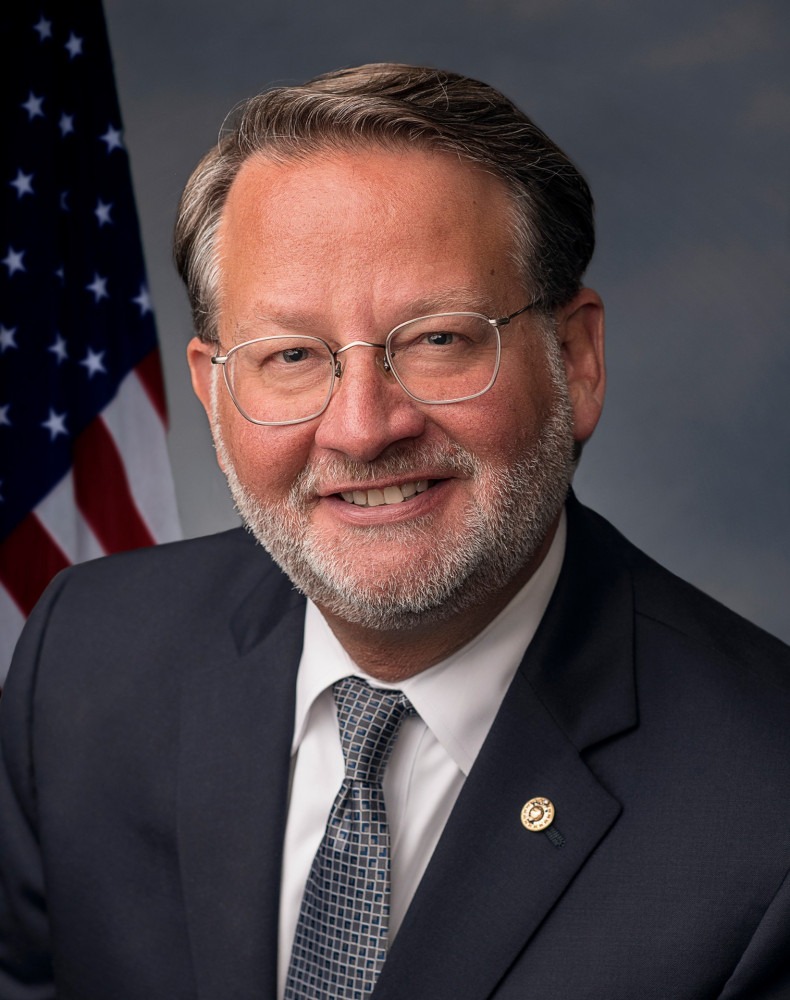
After a favorable vote from the Homeland Security and Governmental Affairs Committee, a bill that would reauthorize the Countering Weapons of Mass Destruction (CWMD) office will face consideration of the full Senate.
The Offices of Countering Weapons of Mass Destruction and Health Security Act (S.4465) –– a joint effort from U.S. Sens. Gary Peters (D-MI) and Rob Portman (R-OH) — would permanently reauthorize the Countering Weapons of Mass Destruction (CWMD) office within the Department of Homeland Security (DHS) and officially install an Office of Health Security. The former guides the department’s efforts on issues of chemical, biological, radiological and nuclear threats, while the latter should serve as its leader for public health and medical-related security threats. It faced the Senate Homeland Security and Governmental Affairs Committee earlier this week, where Peters serves as chair and Portman as ranking member.
“The federal government needs to have a comprehensive strategy to protect our nation from public health threats, including biological and chemical weapons, that can significantly harm our communities,” Peters said. “This bipartisan bill will provide DHS with the necessary tools and resources to ensure our nation is prepared to respond to and recover from attacks using these kinds of weapons.”
In addition to making sure the offices stick around, the bill would also define their roles and responsibilities for chemical and biological threats, including coordination with federal partners, state, local, Tribal and territorial governments. At the same time, it would expand congressional oversight of the CWMD office and require a report from DHS every four years detailing its strategy to counter WMDs and other emerging threats. For the Office of Health Security, it would also ensure support for protecting the health and safety of DHS personnel.
“The bipartisan Offices of Countering Weapons of Mass Destruction and Health Security Act will authorize the strategic repositioning of the DHS Chief Medical Officer as head of the newly formulated DHS Office of Health Security to bolster oversight efforts of all medical, public health, and workforce safety of the Department while also performing a pivotal role in all health matters relating to DHS’s broad mission set,” Portman said. “I’m pleased this legislation was passed by the Senate Homeland Security and Governmental Affairs Committee because it will reauthorize and strengthen the DHS Countering Weapons of Mass Destruction Office with updated requirements, standards, and accountability measures to ensure our country is properly safeguarded from all chemical, biological, radiological, and nuclear threats.”
A major motivator for the bill was to guarantee a federal plan for both the prevention of deadly weapons and the ability to coordinate medical missions made necessary by such attacks.




